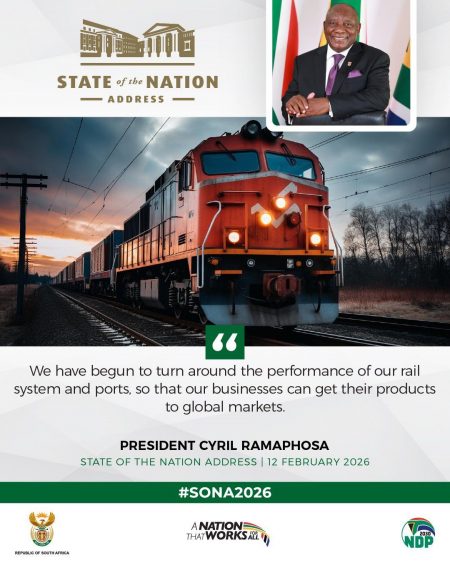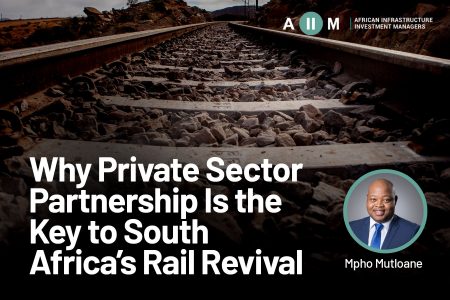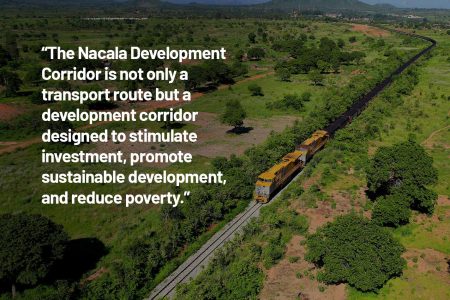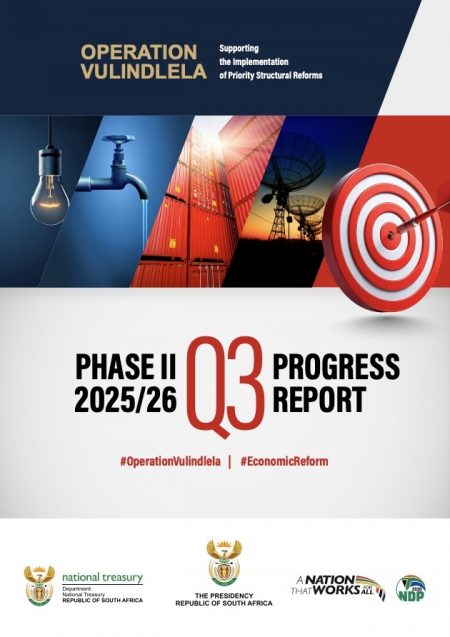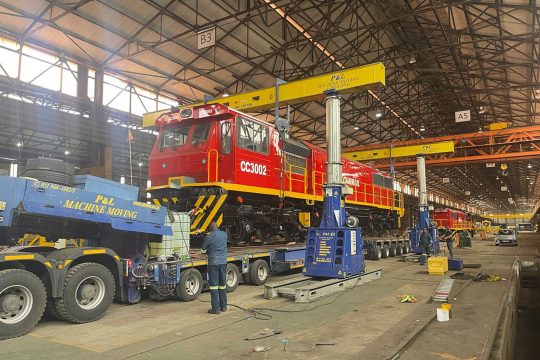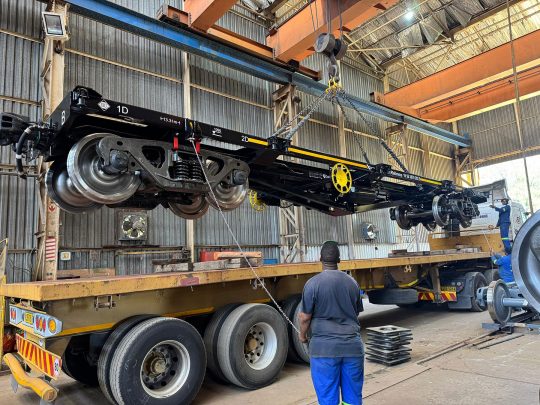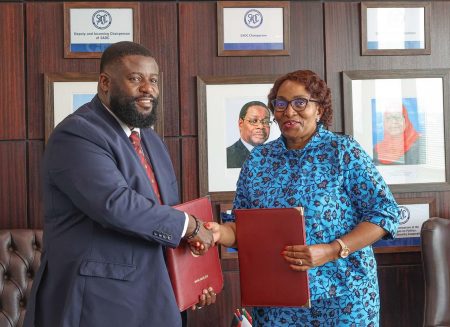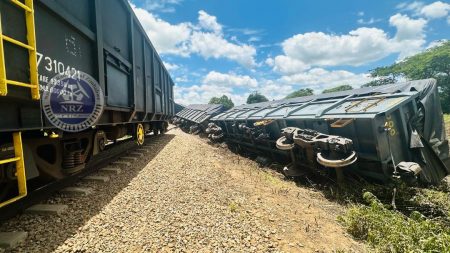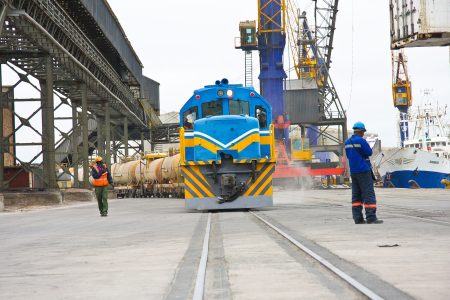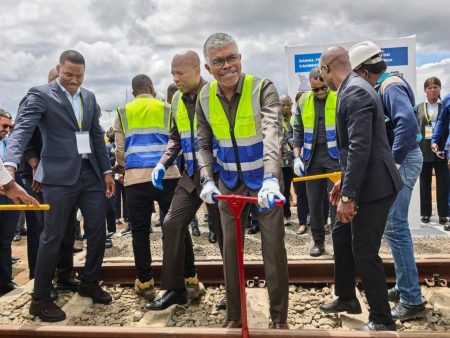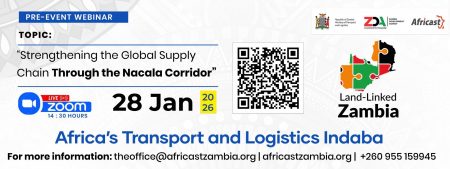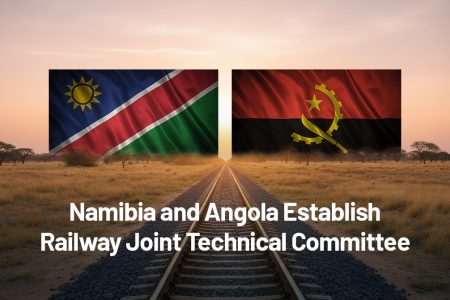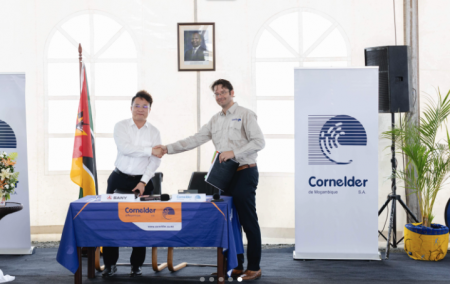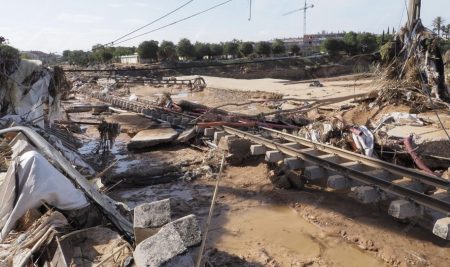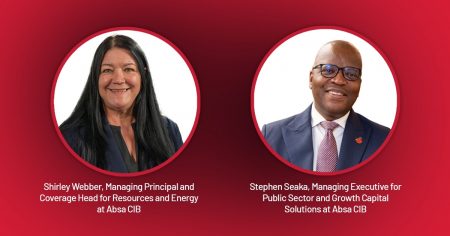This content is for Premium Subscribers only. To view this content, login below or subscribe as a Premium Subscriber.
Related News Articles
CFM South Announces Reopening Date for Limpopo Railway Line After Flood Damage
13 February 2026
SADC, Mozambique
1 min
Mozambique North–South Railway Project Expected to be presented in March 2026
13 February 2026
SADC, Mozambique
1 min
Why Private Sector Partnership Is the Key to South Africa’s Rail Revival
05 February 2026
SADC, South Africa
6 min
Zambia Reaffirms Commitment to Nacala Corridor Development
05 February 2026
SADC, Zambia
1 min
Zambia, DRC and Angola Align to Accelerate Lobito Corridor Implementation
05 February 2026
SADC, Zambia
2 min
South Africa: Third Progress Report on Operation Vulindlela, Rail Sector Update
04 February 2026
SADC, South Africa
2 min
Four GL30 Locomotives Set to Boost Camrail Operations
03 February 2026
West Africa, Côte d’Ivoire
1 min
Zambia Signs Key Regional Corridor Agreements at SADC Secretariat
30 January 2026
SADC, Zambia
3 min
Namibia Cargo Volumes Top 2.5 Million Tonnes
30 January 2026
SADC, Namibia
2 min
Temporary Closure of Harare–Mutare Line
30 January 2026
SADC, Zimbabwe
1 min
Walvis Bay Faces Pressure from the Revitalisation of TAZARA and Lobito
30 January 2026
SADC, Namibia
3 min
Construction of the Luena–Saurimo Railway Branch Line Officially Launched
30 January 2026
SADC, Angola
3 min
Land Linked Zambia Webinar: Strengthening the Global Supply Chain through Nacala Corridor
23 January 2026
SADC, Zambia
1 min
Namibia and Angola Establish Railway Joint Technical Committee
23 January 2026
SADC, Namibia
2 min
Cornelder de Moçambique Expands Port of Beira Capacity with New STS Cranes
23 January 2026
SADC, Mozambique
1 min
Zambia Railways and TAZARA Record Losses Amid High Costs
23 January 2026
SADC, Zambia
1 min
Floods Disrupt Regional Rail Links Between Mozambique
23 January 2026
SADC, Zimbabwe
2 min
How Africa Can Turn Fragmented Mineral Belts into Coherent Regional Value Chains
14 January 2026
SADC
5 min
